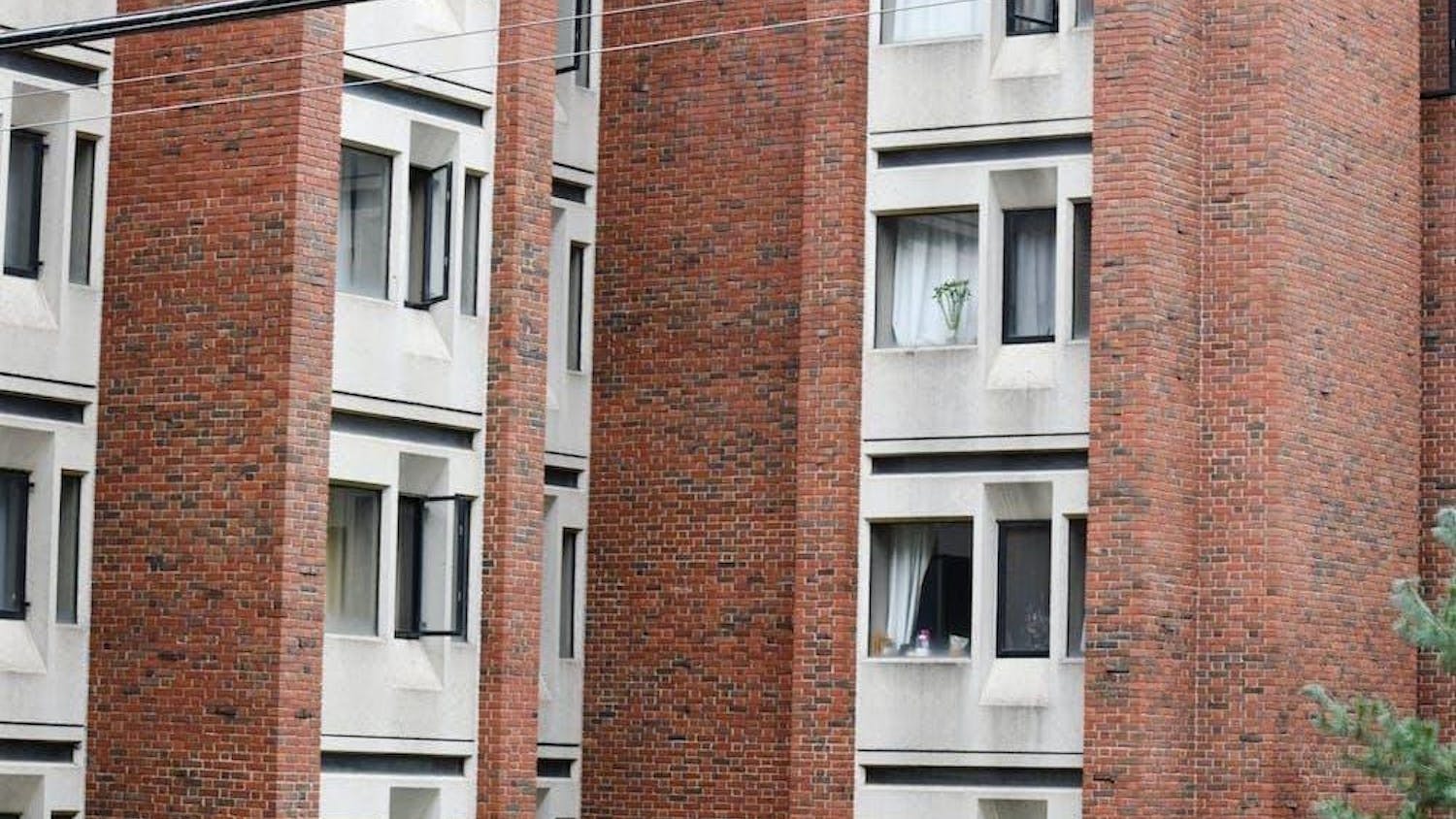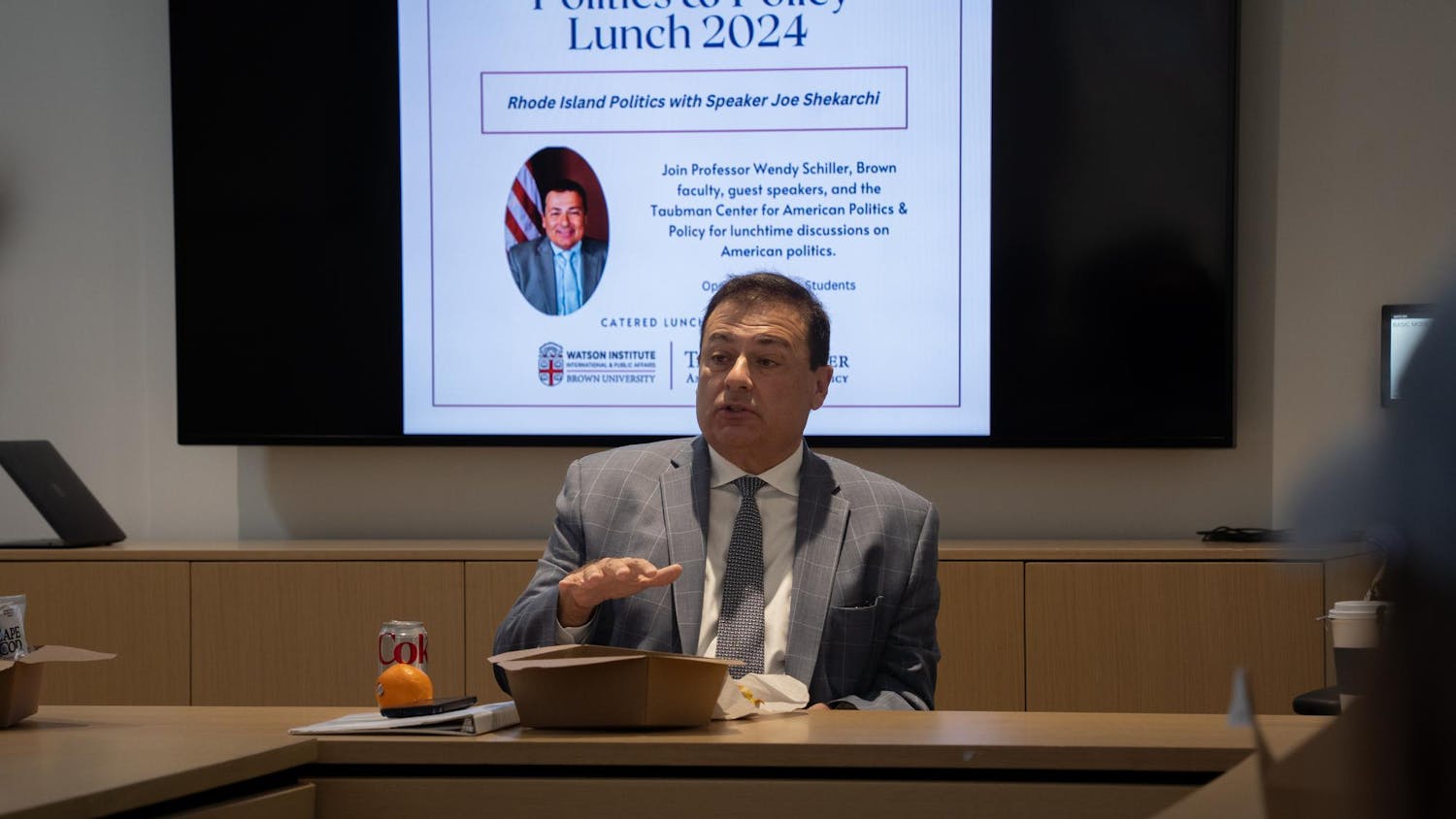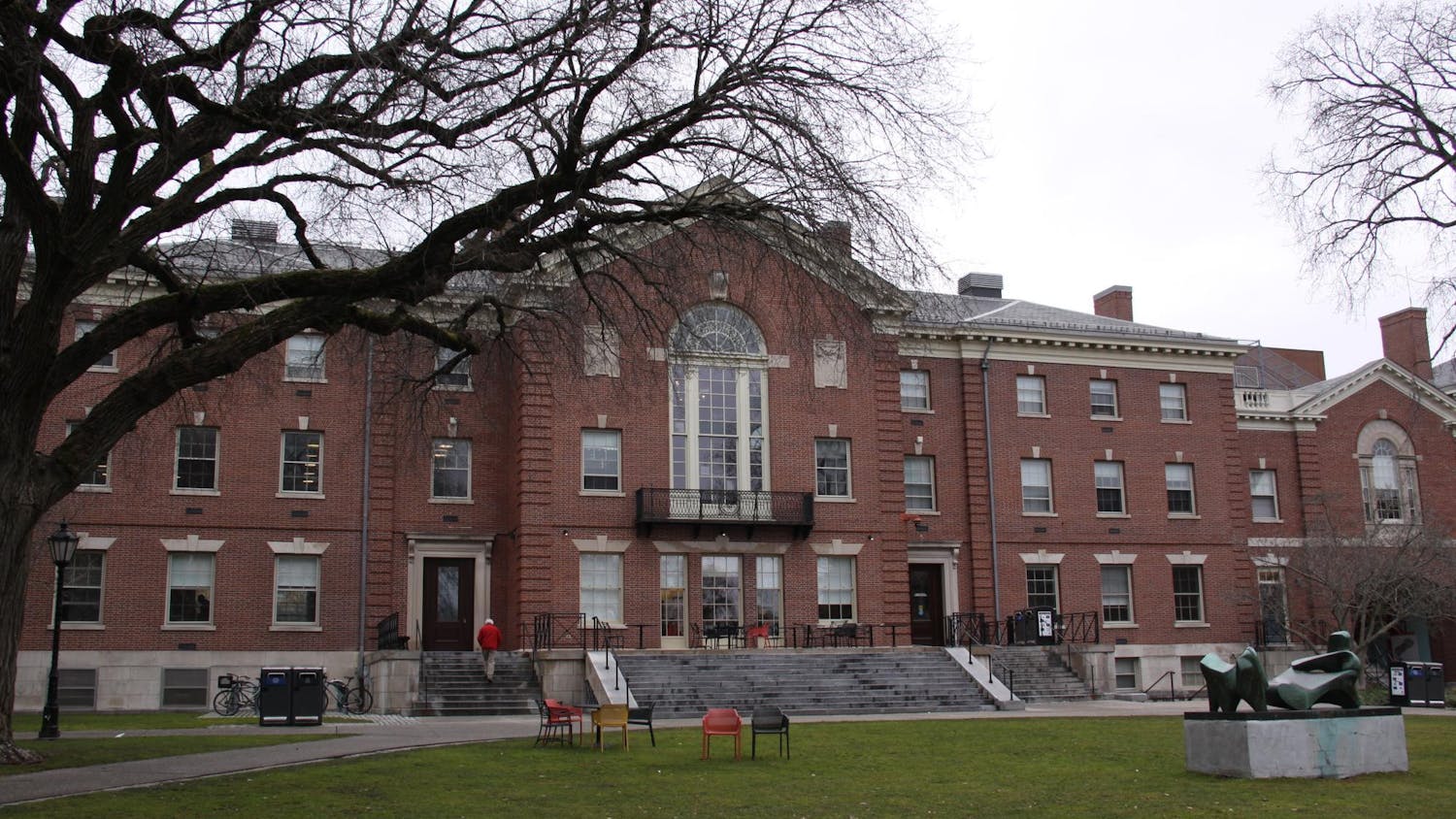David Savitz, current professor of epidemiology and obstetrics and gynecology, will assume the position of vice president for research starting Sept. 1, Provost Mark Schlissel P’15 announced in a community-wide email Tuesday.
Savitz’s appointment marks the culmination of an extensive internal search, which was launched in January when current Vice President for Research Clyde Briant announced plans to step down this June.
Susan Alcock, deputy vice president for research and director of the Joukowsky Institute for Archaeology and the Ancient World, will serve as interim vice president for research, Schlissel wrote.
Savitz has “an incredible history” of expertise in leadership, administrative and research roles that will prepare him effectively for the position, said Kristi Wharton, associate professor of medical science and a member of the faculty search committee.
Savitz previously chaired the epidemiology department at the University of North Carolina at Chapel Hill and directed the Disease Prevention and Public Health Institute at the Mount Sinai School of Medicine. He joined the University faculty in 2010, and he currently holds dual appointments in the School of Public Health and Alpert Medical School.
The “disciplinary breadth” of Savitz’s medical and public health background made him a strong candidate for the position, Schlissel said.
Savitz “sits in the middle of medicine and the social sciences” — a valuable perspective for the vice president of research, who must oversee research across departments, Schlissel added.
A recipient of grants from the National Institutes of Health and a number of private foundations, Savitz is well-versed in federal funding for research, Schlissel said.
“He’s very experienced in what it’s like to obtain grant support and manage a grant,” he said.
Familiarity with the federal grant process is important, as a large part of the vice president for research’s job involves managing the “gory details and regulations of the federal and private foundation grant processes,” Wharton said.
Savitz’s position as associate director for perinatal research at Women and Infants Hospital of Rhode Island, where he studies the effects of environmental factors and lifestyle choices on pregnancies, “provides a very good link from the Brown campus to one of our important hospital partners,” Schlissel said.
The Office of the Provost oversaw the search for a new vice president. Schlissel led a search committee of seven faculty members, five of whom are in the life and physical sciences and math, The Herald previously reported. The search was launched when Schlissel sent an email reaching out to interested faculty members and requesting nominations.
The initial applicant pool comprised over 20 University faculty members, Schlissel said.
The search committee interviewed about eight finalists, ultimately selecting three to recommend to President Christina Paxson. After receiving the committee’s recommendation in March, Paxson and Schlissel met with each of the finalists, Schlissel said.
Though science faculty members dominated the search committee, the committee was “very sensitive to the humanities research” and how the applicants planned to engage with humanities researchers, Wharton said.
“What really made (Savitz) stand out was his incredible way of articulating how he was going to bring different groups of people together,” she said. “We can’t just stay in our little pigeon hole, … and Savitz was tuned into that.”
Wharton said Savitz presented ideas about cross-departmental retreats and lunch meetings and articulated a commitment to the Seed Fund, a program that provides money for new research initiatives.

Savitz’s relative newness to the faculty can be seen as both an advantage and a disadvantage but was not a fact the search committee overlooked, Wharton said.
“The disadvantage would be that he knows personally fewer people,” Schlissel said. “The advantage would be that he could look at how Brown functions without bias. … He brings a different set of experiences.”
Savitz will not assume his post until the start of the next academic year, “but in many ways he started yesterday,” Schlissel said.
Summer research commitments and a desire to familiarize himself with the requirements of his new job delayed Savitz’s start date, but Savitz is already reaching out to key faculty members and speaking with Briant, Schlissel said.
“I’m thrilled he’s willing to do this job,” Schlissel said. “It’s challenging to get someone to step away, at least in part, to step away from their own research program and help serve the broader community.”
ADVERTISEMENT




